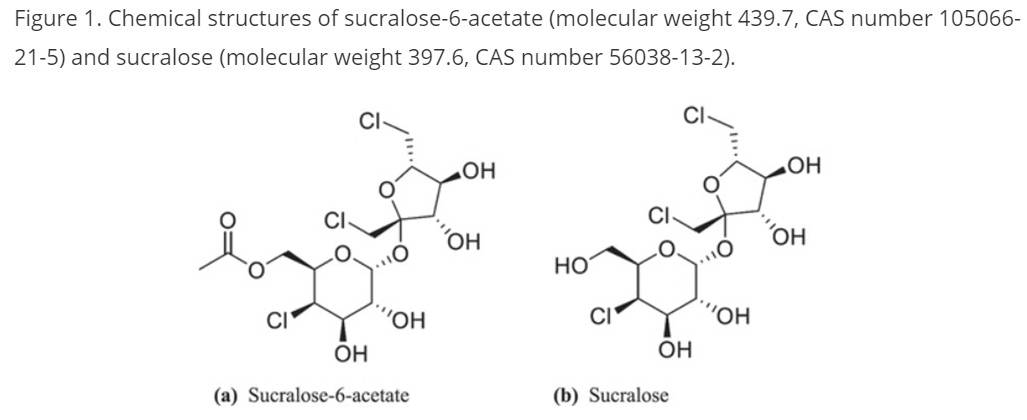
Study Reveals Sucralose, a Widely Used Artificial Sweetener, Poses Potential Health Risks
Artificial sweeteners have long been considered a healthier alternative to sugar, but new research suggests that one of the most commonly used sugar substitutes may have damaging effects on our DNA. Scientists at North Carolina State University conducted a study and found that sucralose, a zero-calorie sweetener that is 600 times sweeter than sugar, has the potential to break up our DNA, raising concerns about its widespread usage.
Sucralose, marketed under the brand name Splenda, is a popular sugar substitute with over 50 million users in the United States alone. It is extensively used in various food, beverage, and pharmaceutical products, including baked goods, beverages, chewing gum, gelatins, frozen dairy desserts, and pharmaceuticals.
The study conducted by Susan Schiffman, an adjunct professor at North Carolina State University, revealed that sucralose can damage the cell membranes of the gut and potentially lead to irritable bowel syndrome. When exposed to the cells lining our gut walls, sucralose can disrupt the junctions that hold these cells together, causing a leaky gut. This condition allows substances to leak into the bloodstream instead of being flushed out of the body in feces, which can have adverse health effects.
Moreover, both human and animal studies have shown that sucralose ingestion can disturb the balance of gut bacteria and negatively impact blood concentrations of glucose and insulin. Additionally, when sucralose is used in cooking, it has the potential to form chloropropanols, a class of potentially toxic compounds.
The researchers also found that the chemicals in sucralose, particularly sucralose-6-acetate, can damage our DNA. Sucralose-6-acetate, which can be produced when sucralose is broken down in the gut, was found to be genotoxic in human blood cells. Genotoxic compounds have the potential to cause breaks in DNA and lead to inflammatory diseases such as inflammatory bowel disease (IBD) and even cancer.

While the study focused on human tissue in vitro experiments, the findings highlight the potential risks of sucralose consumption. Schiffman strongly advises against the use of sucralose as a sweetener, as the levels of sucralose-6-acetate found in a single daily sucralose-sweetened drink exceed the toxicological concern threshold for genotoxicity recommended by regulatory agencies.
However, Splenda and the International Sweetener Association maintain that sucralose is safe for consumption (of course they would). They state that rigorous manufacturing processes control the formation of impurities, and testing confirms the absence of sucralose-6-acetate in their products. Regulatory bodies, including the European Food Safety Authority and the U.S. Food & Drug Administration, have approved the safety of sucralose based on extensive testing. However, the FDA also approved the mRNA vaccines…
Despite conflicting perspectives, the study underscores the need for further research to understand the potential health effects of sucralose and its metabolites. As evidence continues to mount regarding the risks associated with sucralose, discussions surrounding its safety and regulatory status are becoming increasingly crucial.
What this study DOES show is that the FDA is consistently in question after “approving” many substances we put in our body as “safe.” There have been many things throughout time like cigarettes, sugar, caffeine, these artificial sweeteners and MANY more that were passed off as safe by the FDA. Your government isn’t necessarily on your side. Be careful what you follow without doing your own research.
Make sure to follow us for more stories about your health.
